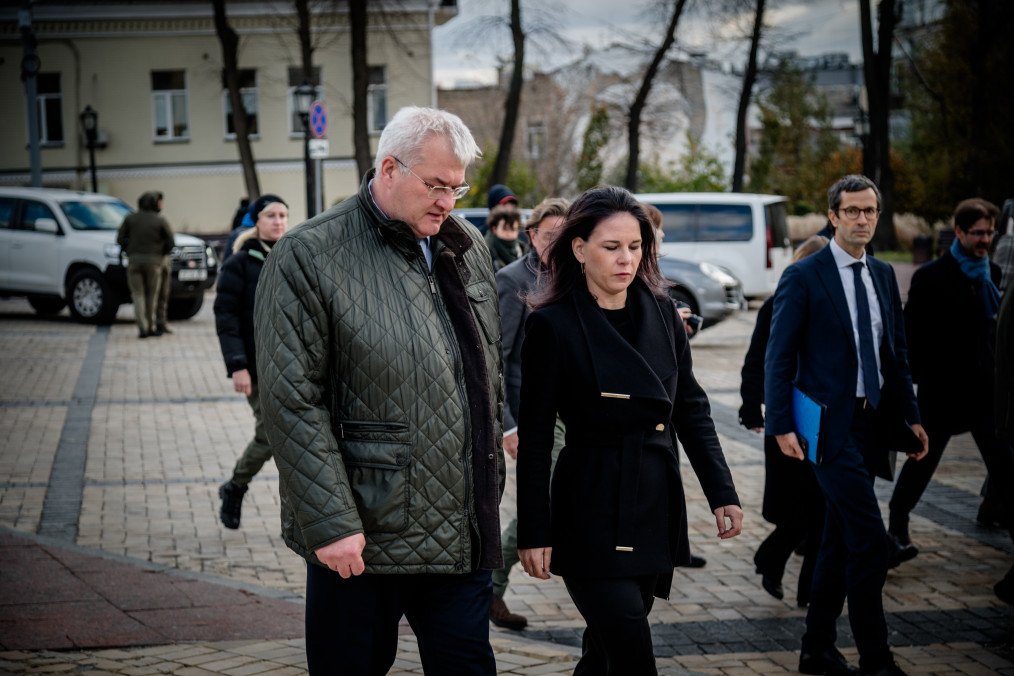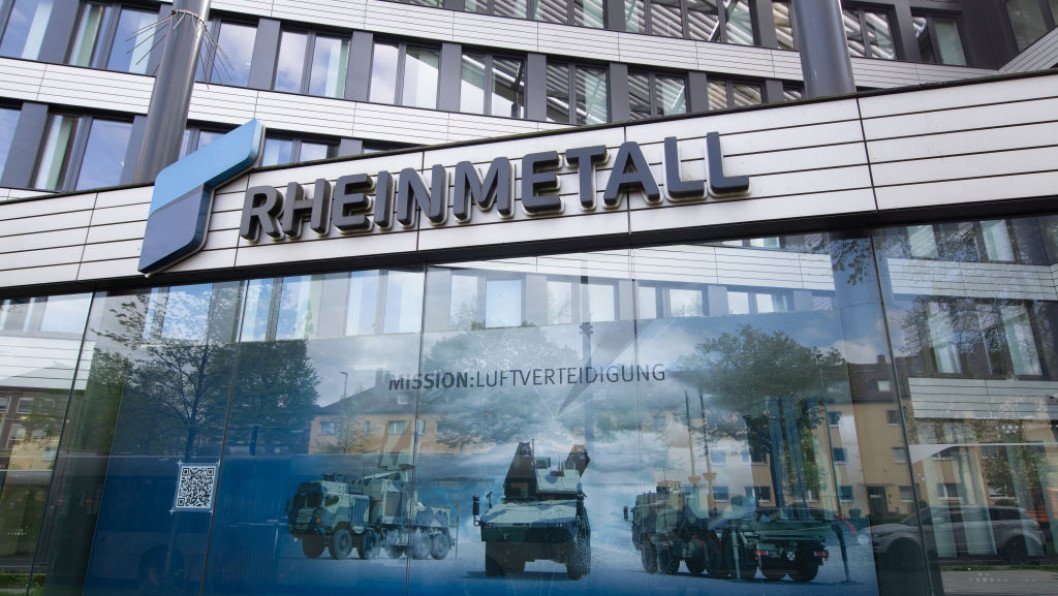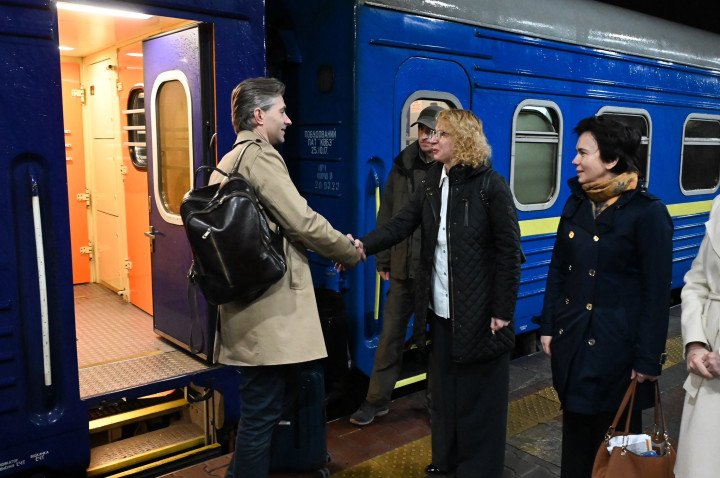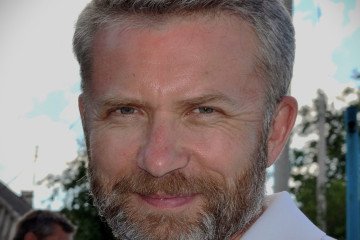- Category
- Latest news
Top German and Lithuanian Diplomats Visit Kyiv, Vow Continued Military and Humanitarian Aid

German Foreign Minister Annalena Baerbock and her Lithuanian counterpart Kęstutis Budrys arrived in Kyiv on April 1, reaffirming Germany’s and Lithuanian unwavering support for Ukraine in the face of Russia’s ongoing war, Deutsche Welle reported on April 1.
“With US-Russia relations at a standstill, it is more crucial than ever for us Europeans to show that we support Ukraine—without any ‘ifs’ or ‘buts’—and that we stand with it now more than ever. That is one of the reasons for my visit to Ukraine today,” Baerbock said upon arrival in the Ukrainian capital.
She emphasized that no one wants peace more than the Ukrainian people and that Ukraine is ready for an immediate ceasefire.
“It is Putin who is stalling, who does not want peace, and who continues his aggressive war in violation of international law. He pretends to be open to negotiations, but he has not retreated a single step from his goals,” Baerbock said.
The German Foreign Minister stressed that Putin’s initial plan to seize Kyiv and Ukraine within three days had not only failed but had also dragged Russia into a grueling war of attrition that it can not win.
“We must not let Putin and his cronies blind us,” she warned, “A mere offer of peace does not mean peace,” she added.
German FM said that during an upcoming NATO foreign ministers’ meeting, European countries plan to make it clear to the US that “we must not accept Putin’s delaying tactics.”

Baerbock also reassured Ukraine that Germany’s next government will continue to provide substantial assistance.
“Germany will not abandon the people of Ukraine—our European neighbor,” she promised.
She highlighted a recent decision by Germany’s current and future governing parties to allocate an additional €3 billion ($3.2 billion) in short-term aid for Ukraine, along with €8.25 billion ($8.9 billion) in military support through 2029. According to Baerbock, this commitment reflects “firm cross-party solidarity and obligations.”
In addition, Baerbock announced that Germany will provide another €130 million ($140 million) in humanitarian and stabilization aid for Ukraine.
“The course that Europe chooses now will shape our continent’s future for decades to come,” she said.
“We want to continue living in a Europe where the rule of law prevails over the law of the strongest, where people determine their own future, and where borders are not redrawn by force. As Europeans, we are fully committed to this. We want to see a free and independent Ukraine as the next member of the European Union, and we will continue to work closely with the country on its reform path.”
This marks Baerbock’s tenth visit to Ukraine since taking office and her ninth since the start of Russia’s full-scale invasion. Her last trip to Kyiv was in early November 2023.

On the same day, Lithuanian Foreign Minister Kęstutis Budrys also arrived in Kyiv, reaffirming his country’s strong support for Ukraine.
“I have arrived in free Kyiv to express Lithuania’s unwavering support for the brave Ukrainian people. We will continue to stand with you in your fight for freedom and sovereignty. Lithuania supports a strong, resilient, and prosperous Ukraine in the EU. Together to victory!” Budrys wrote on social media.
Earlier, the Ukraine Support Group in the Weimar+ format announced it would increase its aid to Ukraine while considering new sanctions against Russia to compel it to agree to a ceasefire.


-72b63a4e0c8c475ad81fe3eed3f63729.jpeg)

-111f0e5095e02c02446ffed57bfb0ab1.jpeg)


